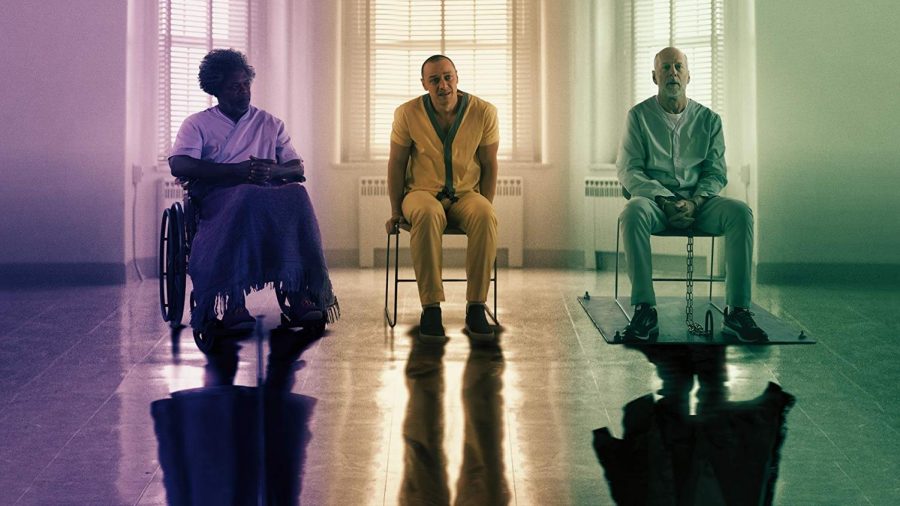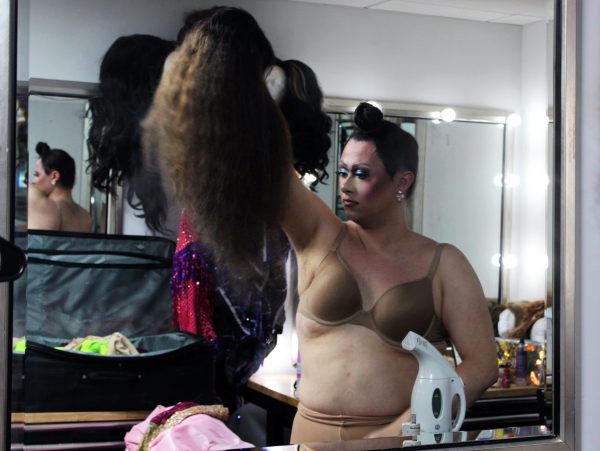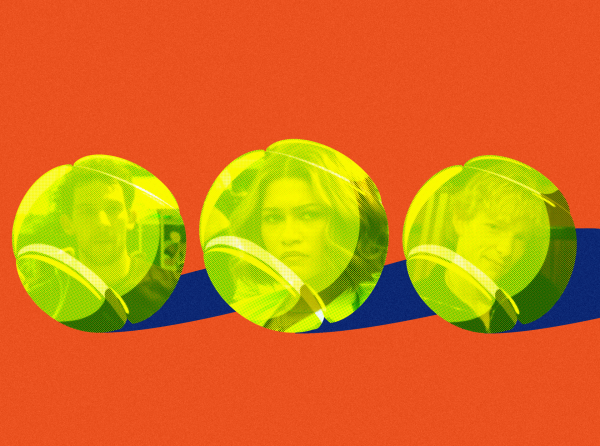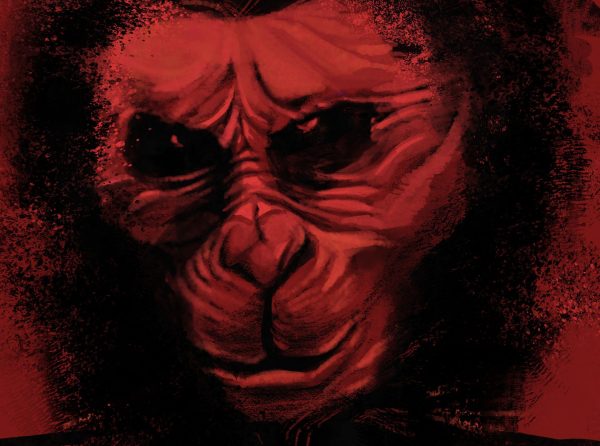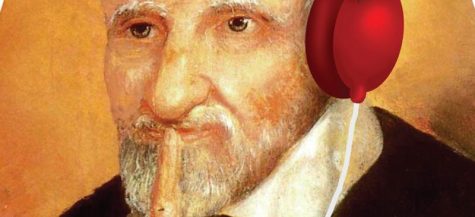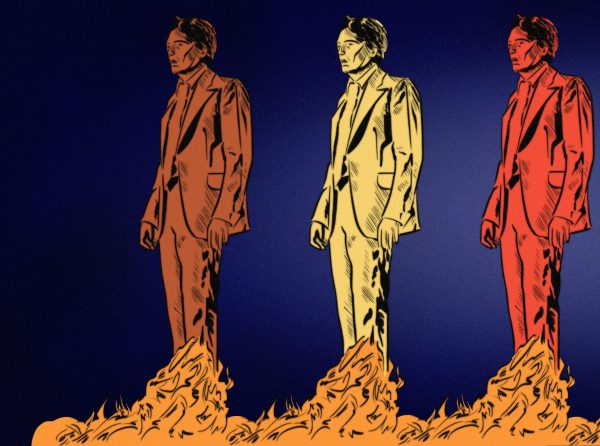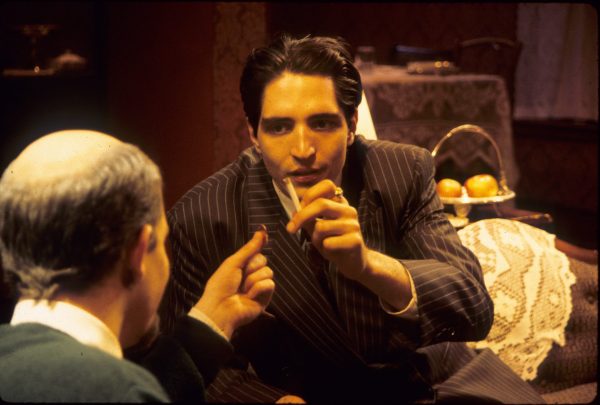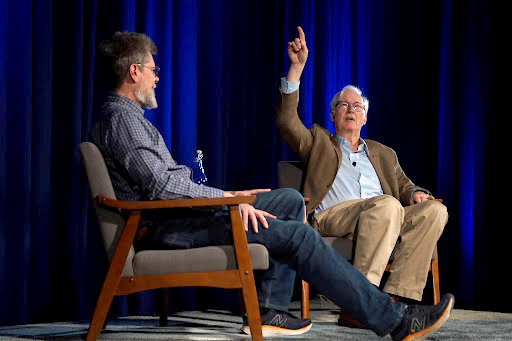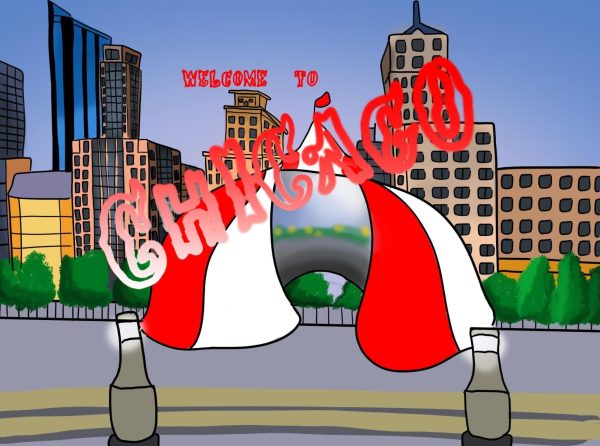Shymalan returns to form in ‘Glass’
The anticipation for an M. Night Shyamalan movie has likely not been so palpable since the release of “Glass’s” predecessor, “Unbreakable.” “Unbreakable” greeted theatergoers in 2000, the follow-up to his 1999 hit “The Sixth Sense.” The following 19 years proved, let’s say, challenging for Shyamalan both critically and commercially. His films seemed to get worse with each release, bottoming out with either “The Last Airbender” (2010) or “After Earth” (2013), take your pick. However, in 2015, “The Visit” marked Shyamalan’s first film in more than a decade that wasn’t panned by all parties. It didn’t get stellar reviews, but it was hope. His next film, “Split” (2016), did what I thought would never happen for Shyamalan again. It got generally positive reviews. And for the first time in a long, long while, the “Shyamalan Twist™“ got folks excited. The final scene of “Split” revealing that it took place in the same universe as “Unbreakable.” “Glass” brings the main characters of two of Shyamalan’s most well received films together to conclude the trilogy. And to quote star Samuel L. Jackson from one of his other films, “it could have been worse, John. A lot worse.”
“Glass” begins three weeks after the events of “Split,” where ‘The Horde,’ a.k.a Kevin Wendell Crumb (James McAvoy), has been taking more victims. David Dunn (Bruce Willis), or ‘The Overseer’, has been using his supernatural talents to attempt to track ‘The Horde’ down and bring an end to his killings. If you don’t know what I’m talking about, you should watch the other two films. Despite the odd naming of the films and the space between them, I don’t feel as though this is a stand-alone sequel. Without them, you’ll be missing the huge journeys these characters went through to get to “Glass” and all the development that accompanies such a journey.
Having seen those films, seeing Dunn, Kevin and Elijah Glass (Samuel L. Jackson) together was a treat. Willis has to be the one actor who is actually better when in a Shyamalan film. I thought he stood out in several moments. Dunn is forced to question who he believes he is, and I really bought into his internal struggle to find the confidence necessary to defeat ‘The Horde.’ Jackson, despite playing the titular character, has not received much to do in this film. For most of the first two acts, he is sedated in a wheelchair, but when he wakes up, his character feels every bit as engaging as he did 19 years ago. McAvoy, however, really stole the show. He is given center stage and the audience gets to witness even more of Kevin’s personalities than in “Split.” In several moments, he switches quickly between three or four different ‘altars’ without a cut. Some say this is just McAvoy doing different voices, which I disagree with. I don’t know that I’d give him 20 different credits, as the film does, but each not only sounds different, but has differing speech patterns entirely. It was quite interesting to watch.
However, the story is where things got a little choppy for me. The first two acts are solid. There are certainly some moments in dialogue when bad Shyamalan comes out, but I didn’t mind too much. The first act has Dunn trying to find Kevin, resulting in one of the film’s two big fights. This is again where seeing the first two films, especially “Unbreakable,” will come in handy. While this is a superhero film, this is not what we have grown accustomed to in that genre. Remember that “Unbreakable” came out when comic book movies where a joke. The action in both that and “Glass” is sparse and low-key. No explosions. No buildings being destroyed. We get a table or two thrown, that’s it.
Things slow down in act two, when all three characters arrive at a mental institution. Some poignant questions from Dr. Ellie Staple (Sarah Paulson) have each character questioning who they thought they were. This act is very drawn out, but I relished every minute, finding myself also questioning if these characters where indeed who I thought they were.
The final act introduces a few aspects that I thought messed things up. One character pulls a turn that felt completely out of left field and was way too late in the film to justify. Anya Taylor-Joy reprises her role as Casey Cooke, who find herself in a close relationship with Kevin. Part of me thought this was sweet, while another part thought it was an unfortunate way to handle a person who was sexually abused as a child and was also recently kidnapped. Finally, there is, of course, a twist at the end, though a subdued one, and it felt like an okay idea executed poorly.
It’s a shame that the film couldn’t have stuck the landing a little better. But I guess it’s fitting. Like Shyamalan’s career, the film has a promising start that seems to lose its way the longer it goes on. Unlike Shyamalan’s career, though, I had an overall positive feeling on this film. Shyamalan needs a few more solid films before I can say that for his filmography. So, the only way to end this review is with this totally original pun: This “Glass” is half full.


